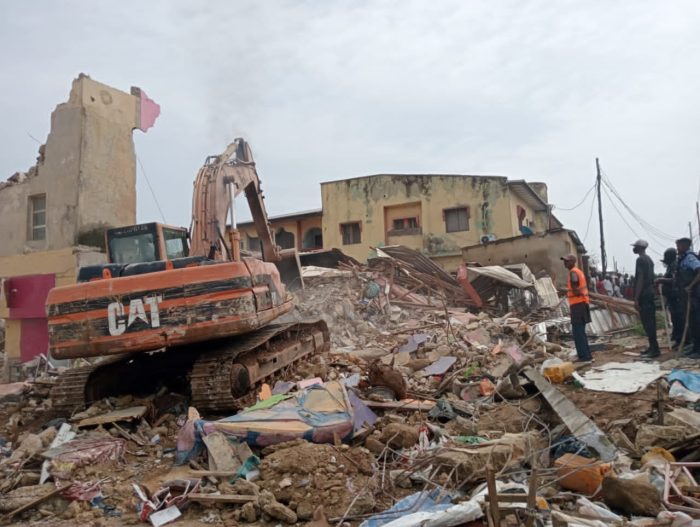The Nigerian construction sector continues to demonstrate resilience and vibrancy despite facing significant challenges, according to Michael Oluwafemi Alley, founder and Principal Architect of The Building Practice Limited.
In a recent interview, Alley highlighted the sector’s growth, driven by high demand for housing and office spaces, particularly in major cities like Lagos and Abuja. He noted the sector’s contribution to the national GDP, reaching 5.43% in Q4 2024.
However, Alley emphasized that the industry is grappling with numerous obstacles. High inflation, exacerbated by fuel price increases, has led to a surge in material and service costs, impacting project budgets.
Alley also pointed to the prevalence of unprofessional practices by unqualified individuals seeking to capitalize on the situation, often compromising quality.
The shortage of skilled professionals and tradesmen further contributes to substandard work and building collapses, damaging the industry’s reputation. Alley also cited the lack of access to up-to-date technology and modern materials as a hindrance to progress.
Despite these challenges, Alley sees positive developments. He acknowledged the impact of technology, particularly BIM tools and project management software, on enhancing design capabilities and project coordination. Sustainability is also gaining traction, with more projects adopting green building practices and seeking certifications like EDGE and LEED.
Alley discussed the specific demands created by urbanization in cities like Lagos and Abuja, leading to a surge in demand for middle-class estates, luxury apartments, and short-let accommodations.
He also stressed the crucial role of government policy and infrastructure development in shaping the construction market, emphasizing the need for effective planning, regulation, and enforcement.
Addressing the fluctuating costs of materials and labor, Alley advised clients to develop flexible budgets with contingency funds, complete design documentation, and consider advance payments to contractors. He also recommended working with qualified quantity surveyors for cost control.
Looking ahead, Alley sees significant potential for international investors and developers to collaborate with local firms like The Building Practice. He highlighted the firm’s diverse expertise and its commitment to international standards, positioning it as a strategic partner for successful real estate development in Nigeria. He also offered advice for aspiring property developers, emphasizing the importance of location, funding, professional engagement, and effective marketing.
Finally, Alley distinguished The Building Practice through its comprehensive services, including feasibility studies, architectural design, sustainable building practices, project management, and fire and life safety solutions. He emphasized the firm’s collaborative approach and its dedication to delivering high-quality results for clients.





